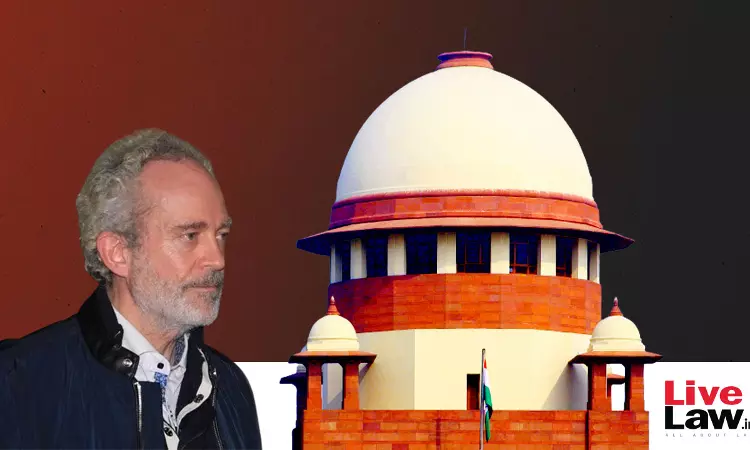The Supreme Court on Monday (March 18) refused to interfere in a Petition under Article 32 filed by British Arms Counsultant Mr Christian James Michel in a plea to seek bail. The court observed that the doctrine of speciality plea as raised by the accused in the Augusta Westland Chopper Scam had been sufficiently dealt with in the previous order of the court declining his bail application...

